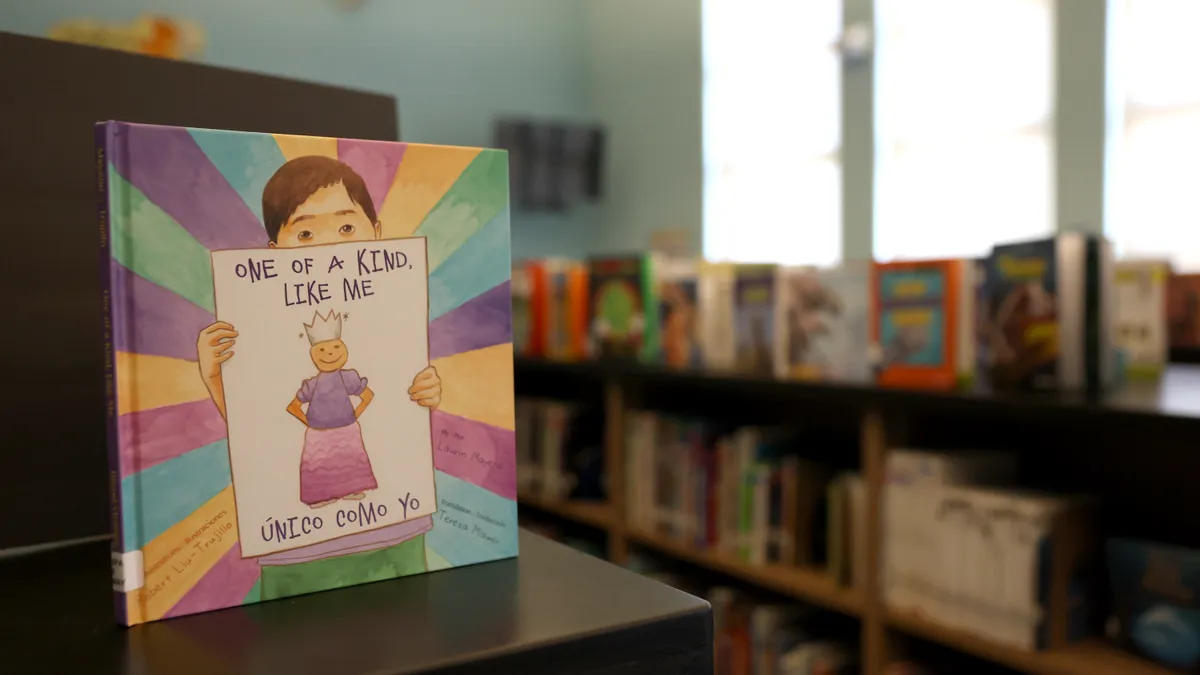Dive Brief:
- In 2024, four states adopted five bills or policies restricting curriculum related to gender and sexuality, race, or other "divisive concepts" in K-12, according to a Pen America report released this week.
- With the new legislation in Alabama, Louisiana, South Carolina and Utah, a total of 21 states now have laws, state policies or executive orders seeking to restrict curriculum related to gender and sexuality, race or other "divisive concepts."
- In 2024, legislative efforts to curb curriculum content were largely tied to promoting “institutional neutrality” or “viewpoint diversity,” combating antisemitism, or treating all students equally. Overall, proposals decreased this year compared to the past two years.
Dive Insight:
"Educational censorship is changing," said Pen America, a nonprofit that advocates for free speech. "The educational gag orders of 2021 that directly prohibited teaching specific topics are largely a thing of the past."
Efforts to regulate curriculum date back to the end of the Trump administration. The bulk of legislative efforts that followed between 2021 and 2023 focused on curbing topics on race, gender and sexuality in the classroom.
"But in 2024, the playbook changed," the Pen report said. During state legislative sessions this year, "policymakers largely abandoned straightforward calls for censorship, opting instead to disguise their intentions through euphemism and misdirection."
Indeed, the organization had predicted last year that the upcoming 2024 general election would likely bring "ongoing escalation" of these efforts.
However, legal challenges have also complicated that path. Various lawsuits, many brought by local chapters of the American Civil Liberties Union, have limited these policies' reach.
In Florida, the state that initially led legislative efforts on book bans, a number of lawsuits filed by major publishers have cropped up, and have led to books being restored to library and classroom shelves in some cases. This year, Gov. Ron DeSantis signed HB 1285, which introduced limits on the number of book objections that can be made in a school district by people without children affected by those materials.






 Dive Awards
Dive Awards






